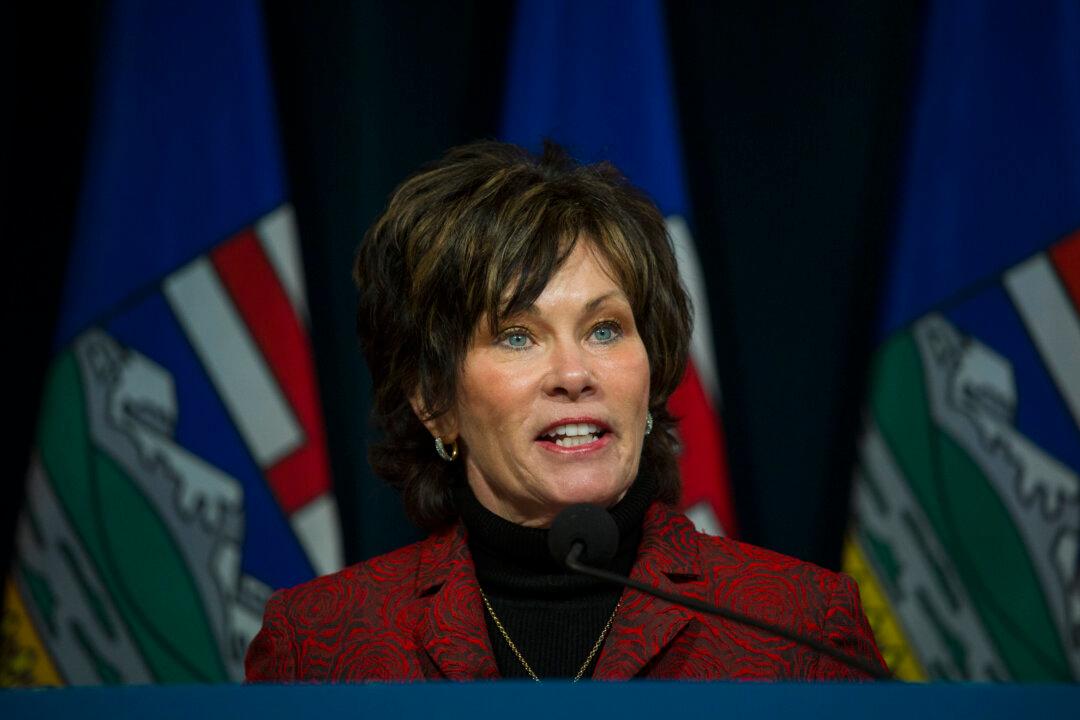EDMONTON—Alberta’s governing United Conservative Party (UCP) has released an emission reduction plan to reach net-zero carbon emissions by 2050.
The Emissions Reduction and Energy Development (ERED) plan includes a long list of promised actions, including modernizing the electricity system, integrating new technology, and supporting natural gas-fired generation.





